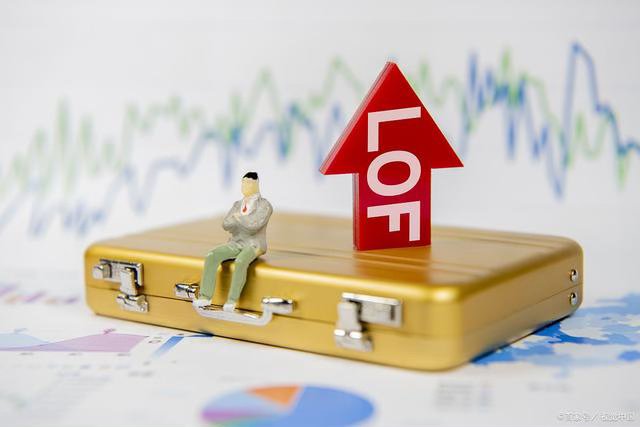What Is Credit Card and How to Choose It
Oct 22, 2023 By Susan Kelly
Advertisement
Introduction
In today's financial
landscape, credit cards have become ubiquitous tools for managing expenses, making purchases,
and building credit history. However, with the plethora of options available, choosing the right
credit card can be a daunting task. This article aims to demystify credit cards, outlining their
definition, features, and essential considerations to help you make an informed
decision.
1. What is a Credit Card?
A credit card is a payment card issued by
financial institutions that allows cardholders to borrow funds to make purchases, with the
promise of repayment later. Unlike debit cards, which draw funds directly from a linked bank
account, credit cards extend a line of credit to users, enabling them to borrow money up to a
predetermined limit. Each transaction made using a credit card accrues debt, which must be
repaid, typically on a monthly billing cycle.
1.1 Characteristics of Credit
Cards
- Credit Limit: Every credit card comes with a predetermined credit limit, which
represents the maximum amount of money a cardholder can borrow. This limit is determined based
on factors such as creditworthiness, income, and existing debt obligations.
- Interest
Rates: Credit cards often carry variable interest rates, known as Annual Percentage Rates
(APRs), which apply to outstanding balances. Understanding these rates is crucial, as they can
significantly impact the cost of borrowing.
- Rewards and Benefits: Many credit cards
offer rewards programs, including cashback, travel miles, or points redeemable for merchandise.
Additionally, cards may provide perks such as travel insurance, purchase protection, and
extended warranties.
- Fees: Various fees may accompany credit cards, including annual
fees, late payment fees, and foreign transaction fees. Evaluating these fees is essential to
assess the overall cost of card ownership.
2. How to Choose the Right Credit
Card
With numerous credit cards available, selecting the best option requires careful
consideration of individual needs, spending habits, and financial goals. Here are essential
steps to guide you through the decision-making process:
2.1 Assess Your Spending Habits
and Goals
Before choosing a credit card, analyze your typical expenses and spending
patterns. Consider categories such as groceries, dining, travel, and entertainment, as well as
any specific goals, such as earning cashback or travel rewards.
2.2 Understand Your
Credit Score
Your credit score plays a pivotal role in determining the credit cards
available to you and the terms offered. Obtain a copy of your credit report and score to assess
your creditworthiness and identify areas for improvement.
2.3 Compare Card
Options
Research different credit cards offered by banks, credit unions, and financial
institutions. Pay attention to factors such as interest rates, rewards programs, fees, and
additional benefits. Online comparison tools can facilitate this process by providing
side-by-side comparisons of card features.
2.4 Consider Your Financial
Situation
Evaluate your ability to manage credit responsibly and make timely payments.
Choose a credit card with terms and conditions that align with your financial capabilities to
avoid accumulating debt or incurring excessive fees.
2.5 Read the Fine
Print
Before applying for a credit card, carefully review the cardholder agreement and
disclosure documents. Pay close attention to terms related to interest rates, fees, rewards, and
any promotional offers. Understanding these details can prevent surprises and help you make an
informed decision.
Conclusion
In conclusion, credit cards offer convenience,
flexibility, and financial benefits when used responsibly. By understanding the fundamentals of
credit cards and following the steps outlined in this guide, you can choose a card that meets
your needs and enhances your financial well-being.
Unique FAQs
Q1: Can I apply for
a credit card with bad credit?
A1: While it may be more challenging to qualify for a credit
card with a low credit score, there are options available, such as secured credit cards or cards
designed for rebuilding credit. These cards typically require a security deposit or have higher
interest rates and fees.
Q2: What should I do if my credit card is lost or stolen?
A2:
If your credit card goes missing or is stolen, promptly notify your card issuer to report the
loss and request a replacement card. Monitor your account for any unauthorized transactions and
follow any additional instructions provided by your issuer to protect yourself from fraud.

Triston Martin Nov 07, 2023
Unlocking the Path to Earning Your First Million: Strategies for Ordinary Individuals.

Triston Martin Nov 08, 2022
The Wealthiest of the Web: How American Internet Stars Are Earning Big Bucks

Susan Kelly Nov 23, 2023